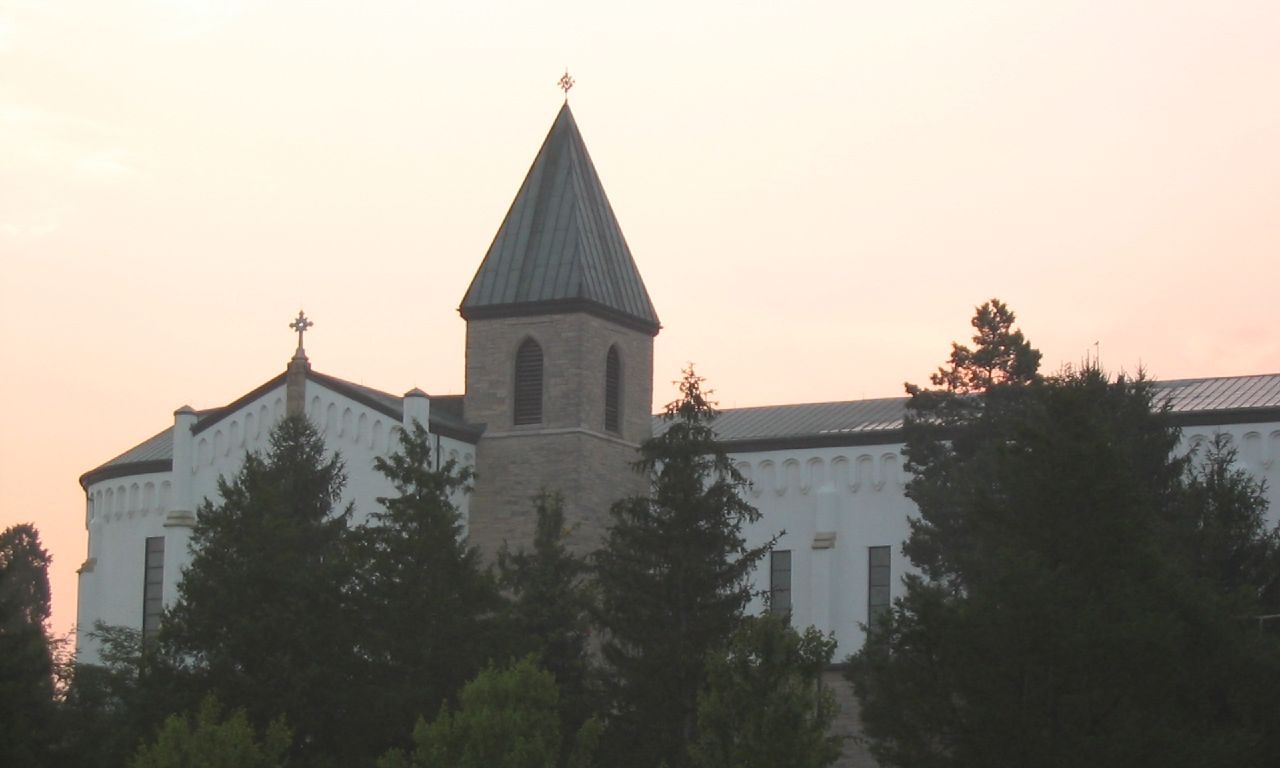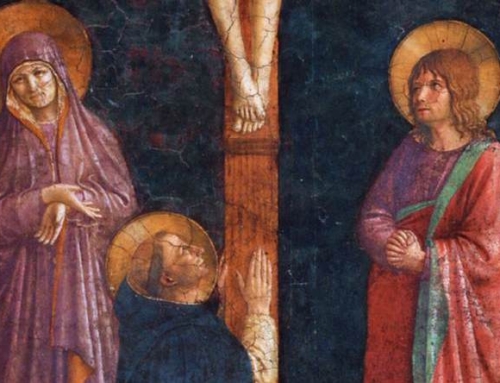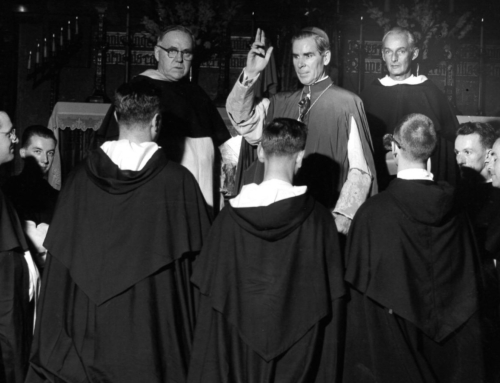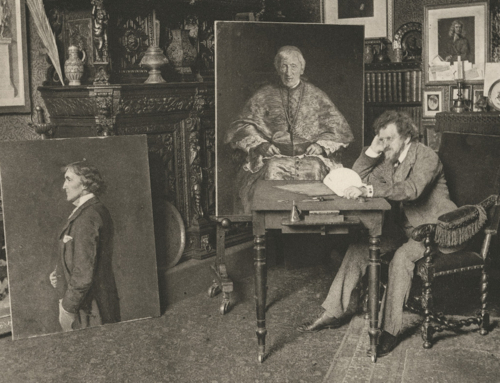2020 Summer Reading Recommendations:
The Sign of Jonas by Thomas Merton
Thomas Merton has become an American Catholic for all occasions, such that I need no justification to write about him. However, I do have one. I recently read The Sign of Jonas, his journal covering the years before solemn vows through the early years of his priesthood, and it has met me where I am—undergoing, as he did, the twisting, winding, and, God-willing, sanctifying path of religious formation.
If The Seven Storey Mountain tells why and how the cosmopolitan Thomas Merton entered the monastery of Gethsemani in rural Kentucky, The Sign of Jonas reveals what became of him once he had been there for a little while. Of course, both of these books give Merton’s own perspective, and therefore do not relate the whole story. Merton himself knows this. For example, throughout the first two-thirds of the book, Merton complains about being told to write for publication, despite his obvious gifts as a story-teller. But later he admits, “Perhaps I was less upset than I thought.”
In his early entries, Merton annoyed me. He plays the “should I write or not?” game too many times for his protestations to be believable. He toys with the idea of becoming a Carthusian, pledges that he has moved past the desire, and yet continues to bring it up. It’s obvious that he’s deceiving himself. I found myself telling him to grow up. Only his stunning descriptions of the landscape around Gethsemane kept me reading.
I made my solemn vows four months ago, and have been in religious life about as long as Merton was a Trappist when he started The Sign of Jonas. Solemn vows give a man the assurance that God has accepted the offering of his life in a specific Order until death—and this offers a deep consolation. But vows do not give him the assurance that he has matured as much as he should have or that he has overcome all his blindspots and fears.
Time in silence before God gives the man in formation the chance to let his thoughts, questions, and worries run themselves tired. In this silence, he comes to know God and himself through frequent, often unimpressive, times of prayer. He hopes to emerge from this silence, while never fully leaving it, with something to give to the faithful. If he is willing to listen to his interior monologue critically, he is liable to annoy himself. If he voices it frequently, he is certain to annoy others. Only God’s patience makes formation work.
I remember a wise Dominican friar telling me that if some weakness really annoys you in another person, you probably have some version of that same weakness yourself. Merton’s repetitive doubts reveal a truth about early years in religious life. Formation, whether Trappist or Dominican, allows you to hear your own interior monologue in an intense way. The content differs man to man. Merton’s is scattered, sometimes hilarious, and always well-expressed. As such, I could only partially agree with his critical self-assessment: “Every book I write is a mirror of my own character and conscience. I always open the final, printed job, with a faint hope of finding myself agreeable, and I never do.”
Religious formation does not guarantee human or spiritual maturity, but it should certainly contribute towards it. Making vows or being ordained does not prove wisdom, but both commit one to a life of seeking God and trusting that his mercy will bring one where one needs to be. And mercy always gives one the chance to start again.
It is this theme of always beginning again that emerges as the most reassuring thing about The Sign of Jonas. Merton ponders in himself the process of repentance that we all need to undergo, and the chance to watch him discover God’s mercy, and hopefully to discover it ourselves, makes the book worth reading. Christian formation requires conversion, and he describes this well: “Confusion and fog pile up in your life, and then by the power of the Cross things once again are clean, and you know more about your wretchedness and you are grateful for another miracle.” In the patience taught by formation, we begin to live in the hope that what can feel like going round-and-round the same circle may, in reality, be a spiral leading up to unseen heights.
✠
Image: Photo of the Abbey of Our Lady of Gethsemani (CC BY 2.0)







